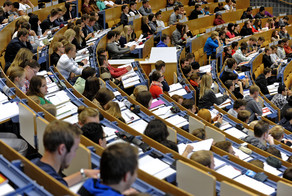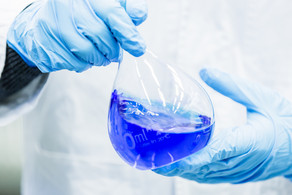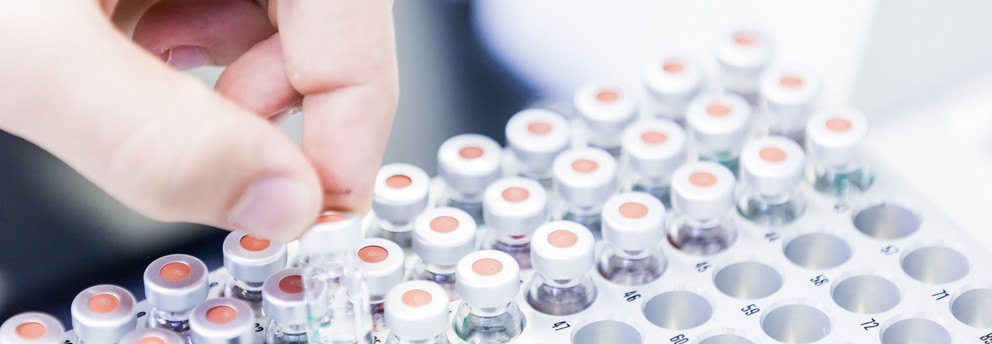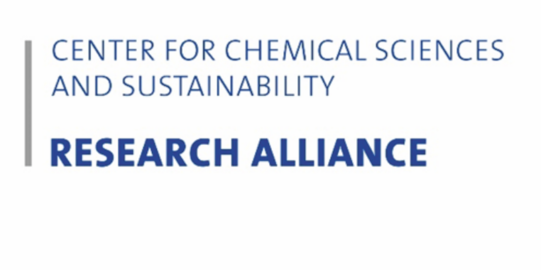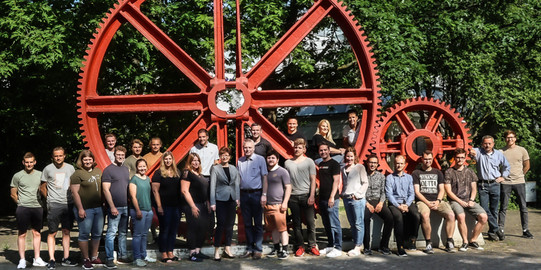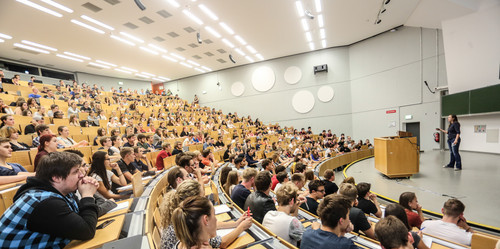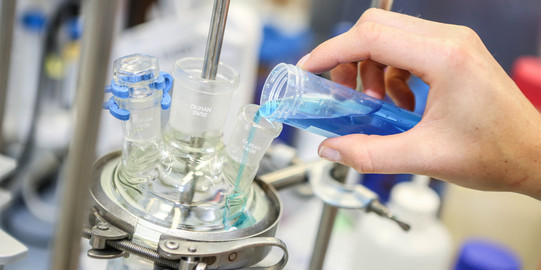We are committed to improve the
sustainability of technical processes and to increase both shelf life and bioavailability of pharmaceutical products.
Find out more about the Laboratory, our teaching portfolio and research projects.
Newsfeed
Frontiers in Thermodynamics Symposium at TU Dortmund University
TU Dortmund University's recent "Frontiers in Thermodynamics" Symposium, hosted by Professor Gabi Sadowski, has concluded with outstanding success,…
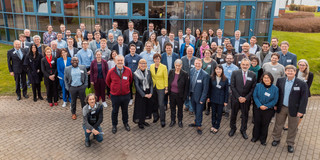
JCED Special Issue in Honor of Gabriele Sadowski
A Special Issue in Honor of Gabriele Sadowski on the Occasion of Her 60th Birthday has been published in the Journal of Chemical Engineering Data.
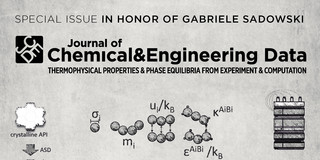
M.Sc. Alexander Strangmann joins the Laboratory of Thermodynamics as a new team member
The Laboratory of Thermodynamics welcomes Alexander Strangmann as a new PhD candidate! Alexander Strangmann has studied chemistry and successfully…

M.Sc. Marcel Pillath joins the Laboratory of Thermodynamics as a new team member
The Laboratory of Thermodynamics welcomes Marcel Pillath as a new PhD candidate! Marcel Pillath has studied chemical engineering and successfully…





